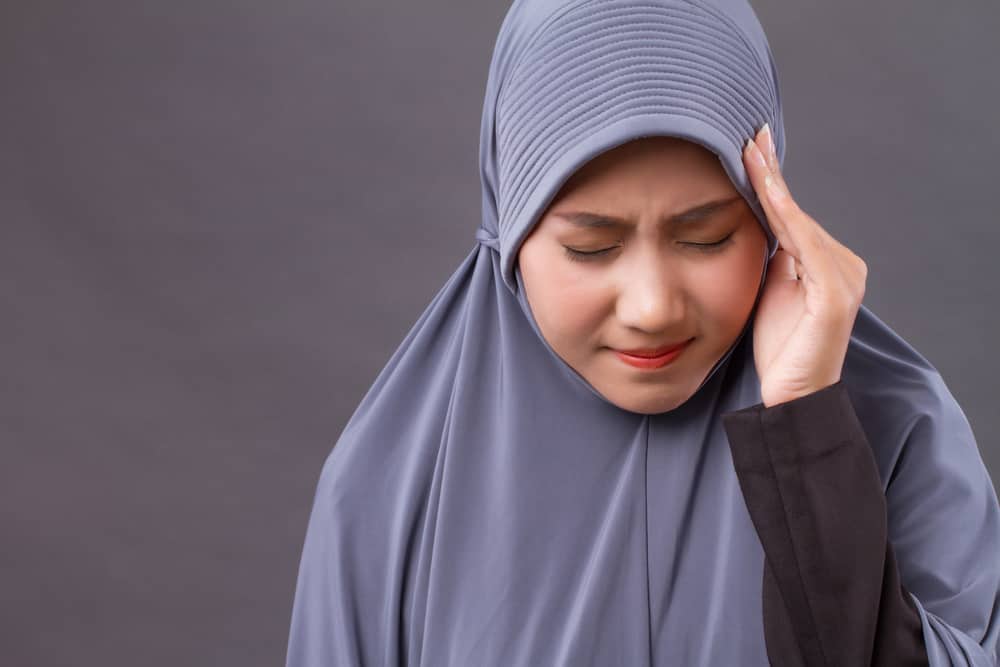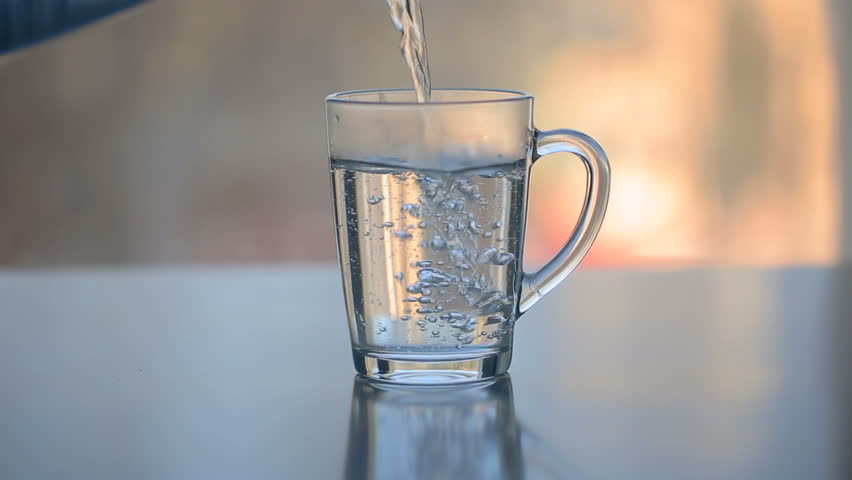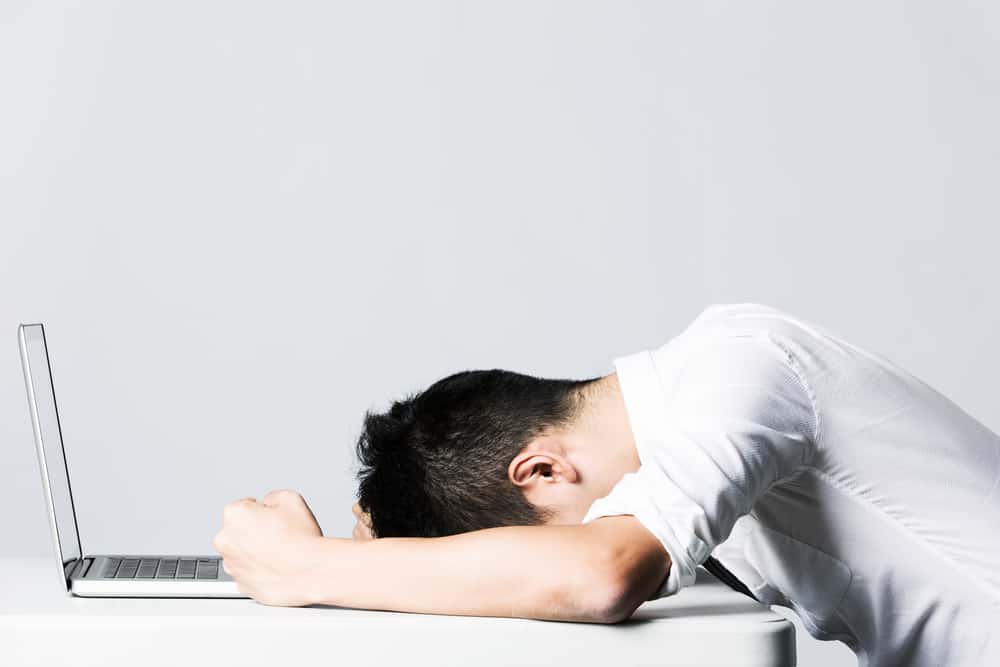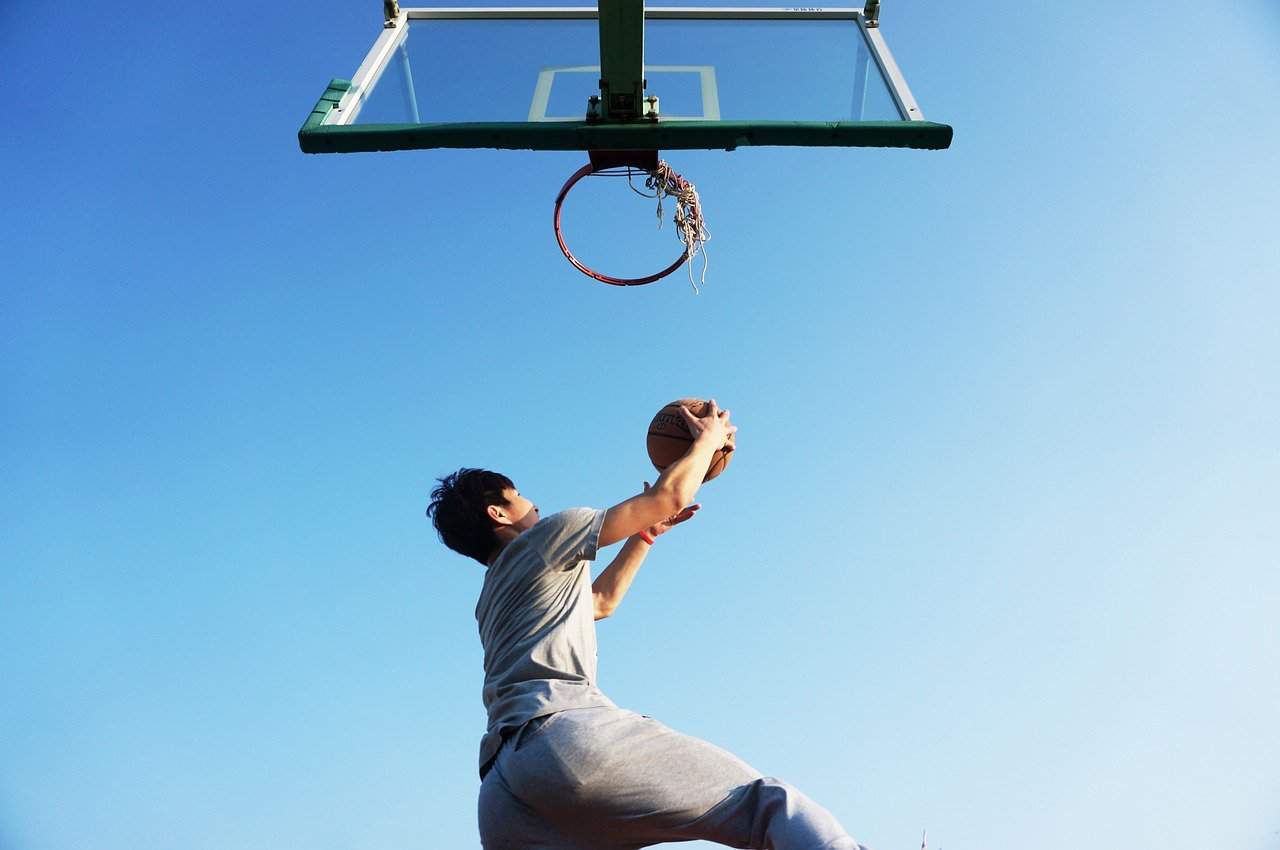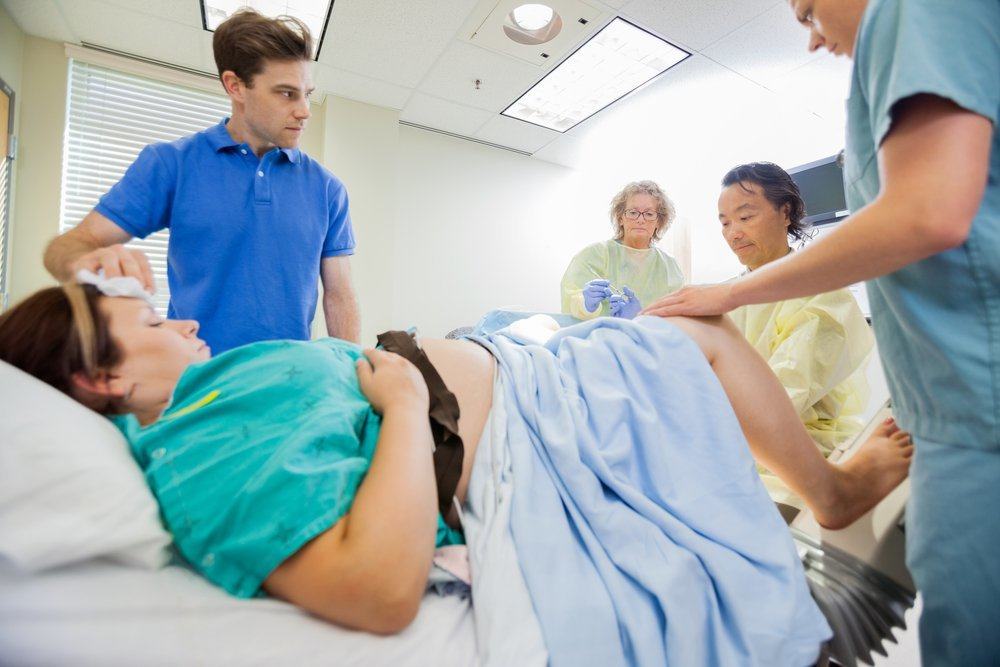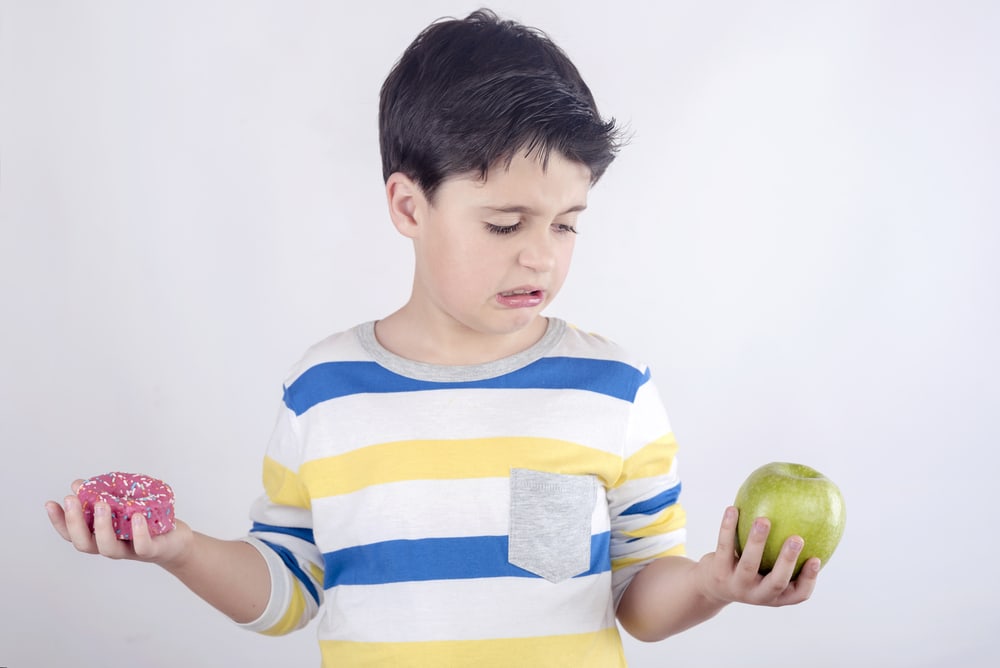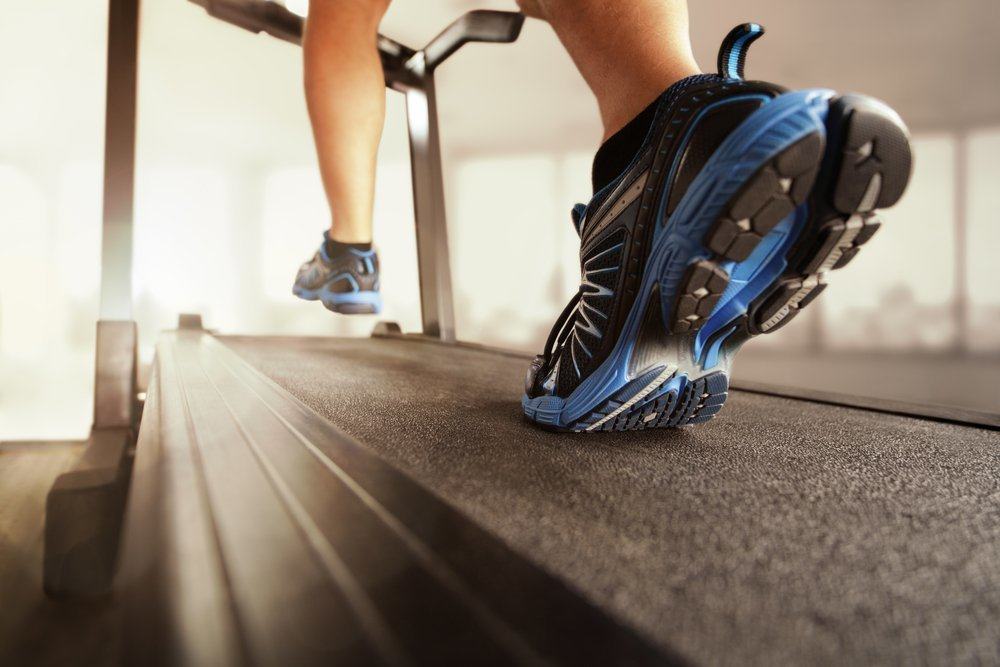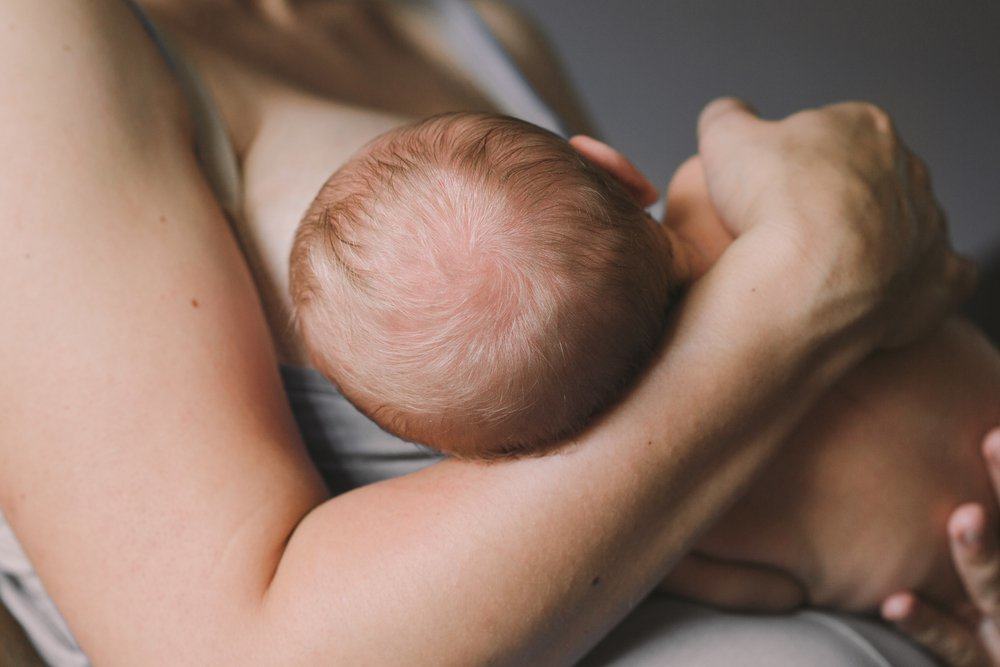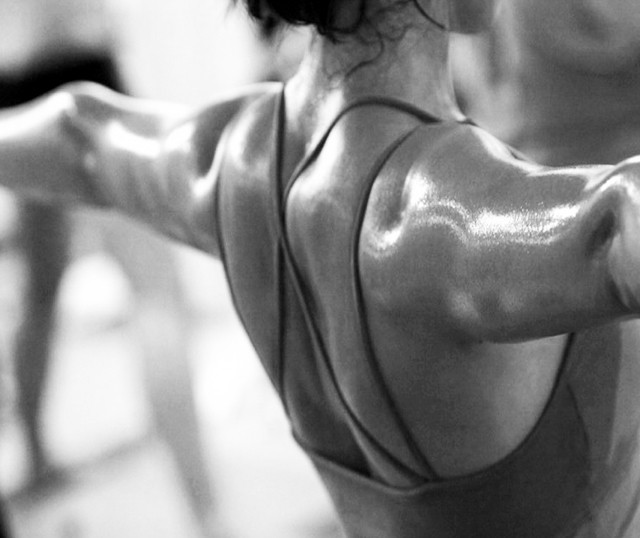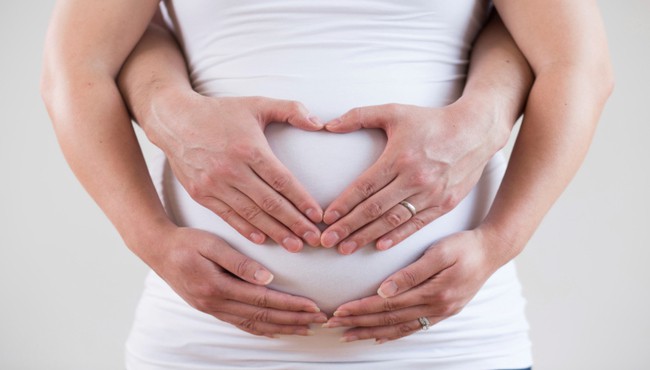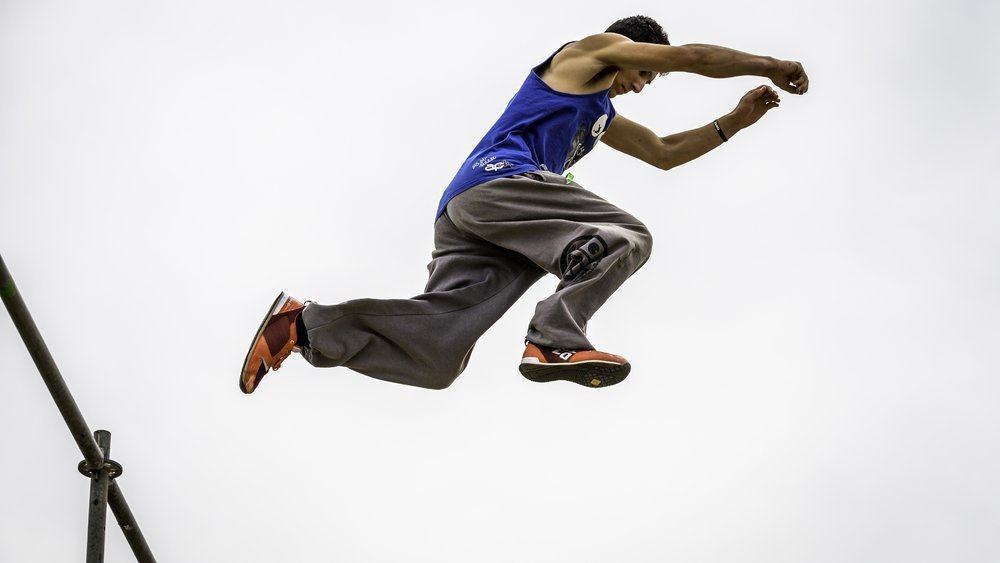Contents:
- Medical Video: What Causes A Migraine?
- Can people with migraines fast?
- Healthy tips for fasting even though you have migraines
- 1. Get enough sleep and sleep
- 2. Drink plenty of water at dawn and break the fast
- 3. Protect your senses
- 4. Manage your stress
Medical Video: What Causes A Migraine?
During the month of Ramadan, Muslims are required to hold thirst and hunger for almost 13 hours. For children, pregnant women, people who are seriously ill, and people who are traveling far are not allowed to do fasting. So what about people with migraines? Can people who have migraines be fasted? See here the reviews.
Can people with migraines fast?
In general, for people who have migraines, skip meals, resist hunger and thirst can be a trigger factor for migraines. Means people with migraines should not be satisfied? Wait a minute.
According to a consultant neurologist, Dr. Fayyaz Ahmed, although fasting is a must for Muslims during Ramadan, but people who are experiencing illness can be freed from fasting if they feel that fasting will cause problems related to their health.
However, there is a study that shows that fasting for up to 14 hours can be good for health. So people with migraines can fast if the length of time is fasting for a maximum of 14 hours.
However, if you have a migraine and an attack triggered by dehydration or low blood sugar you should not need to do fasting first.
But all of this is back again with each of you. If you really feel strong to undergo fasting, you may just do it, but still have to discuss it first with your doctor.
Healthy tips for fasting even though you have migraines
If you feel able to undergo fasting and the doctor also allows it, there are a number of things you can do to run fast. You need to know the triggers for migraines, so as much as possible avoid these triggers when you are undergoing fasting.
1. Get enough sleep and sleep
If you have a migraine, sleeping with good quality is the key. Sleep at least seven hours a day. Make yourself relaxed so that your body and mind are ready to sleep.
Make sure your bedroom is free of light or sound that might keep you awake and the room not too hot.
2. Drink plenty of water at dawn and break the fast
Dehydration can be a trigger factor for migraines, therefore meeting the needs of body fluids is very important when fasting.
Make sure you drink eight glasses during fasting during the break and the dawn, or it can be more than this amount if you feel you need more.
You can divide it into a two-glass pattern when breaking the fast, four cups after tarawih prayer or before you sleep, and two more glasses when you are sahur. Or, you can divide it into a three-glass pattern when breaking the fast, two glasses before going to bed, and three glasses at dawn.
The distribution of the number of glasses per day when fasting actually depends on your respective strategies. The important thing is to make sure you fill at least eight glasses of water per day while fasting.
The liquid you consume can be from juice, syrup or other drinks. However, water is the best choice for you.
You should also reduce the consumption of drinks containing caffeine, such as coffee, tea, and soft drinks. This caffeinated drink has a diuretic effect that can make the body lose more fluid.
3. Protect your senses
If exposure to sharp odors, loud noises, and bright lights or blinking is the trigger for your migraine, you should avoid these things during fasting.
Wear ear protectors or headphones noise absorbers can provide good protection from noise. You can also apply small peppermint oil under the nose to block the pungent odor.
4. Manage your stress
During fasting, try to avoid things or conditions that make you stressed. Although stress, itself, may not be a trigger, there are some stressful behaviors that can trigger migraine attacks. Clenching the jaw, crying, and muscle tension in the face, neck and shoulders can be one of them.

